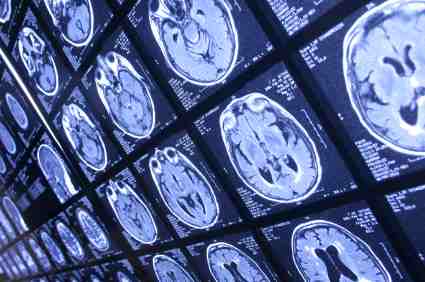Neuroscience Knowledge Adviser
 |
So, what do you do?
I answer complex enquiries from patients and healthcare professionals passed on to me by general medical information advisers regarding products in our Neuroscience range. I also prepare and maintain standard responses for use by the first line medical information team in response to commonly asked questions by patients and healthcare professionals.
I analyse medical literature to gather evidence to use on promotional material and ensure medical information activities are in line and comply with the ABPI Code of Practice and local and global procedures.
What does your typical day involve?
Mainly I spend my time answering complex enquiries passed to me by first line medical information. Such enquiries may require me doing a literature search on internal and external databases and liaising with drug safety and regulatory departments both locally and globally.
I also spend time supporting the marketing ‘brand team’ by performing literature searches to provide information to enhance promotional material.
Do you work mostly on your own or as part of team?
I work very much as part of a cross-functional team, liaising with drug safety, regulatory and medical affairs, both locally in the UK and globally.
How long have you been in your current role?
7 months
What qualifications and experience do you have?
I have a degree in Medicine from the University of Bristol. I have 3 Grade “A “ A-levels in Chemistry, Biology and Maths.
When and why did you decide on a career in the pharmaceutical industry?
On completion of my medical degree I decided not to work in the NHS as I wanted a better work life balance. The pharmaceutical industry seemed an obvious alternative where I could use my medical knowledge in a non-clinical environment.
How has your career developed since you left university?
After university I moved into the pharmaceutical industry. I began my career in first line medical information and after just a couple of months I moved into the more specialist role of Neuroscience Knowledge Adviser (second line medical information).
Do you think additional qualifications or experience would be an advantage for someone entering the industry now? What might be valuable?
A life-science degree is essential to work within medical information. Being a registered pharmacist or having a PhD or a medical degree is very advantageous. Experience is the most valuable of all.
What is it like socially where you work?
We have an open plan office so we all communicate throughout the working day and the company has sports teams outside of working hours, such as mixed touch rugby!
Also we have the usual Christmas parties and team building events and evenings out.
What are you most proud of in your career?
I am proud of my rapid promotion to the job I do now.
What possibilities are there for your career in the future?
Very soon I hope to transition to European Medical Information, supporting and training medical information colleagues across Europe.
What do you think are the most important skills for someone in your role to have?
Time-management, attention to detail, good communication skills, an understanding of medical terminology and the ability to learn quickly.
What one piece of advice would you give to someone seeking a career in the pharmaceutical industry?
Research the various pharma companies well and try and speak to people who work there, as every company has a very different attitude when it comes to career progression and work balance values etc.
